How to Become a DevOps Engineer? A Complete Roadmap with Learning Resources.
DevOps Engineer is one of the most demanding job profiles in the current state of IT firms and shows no signs of slowing down.
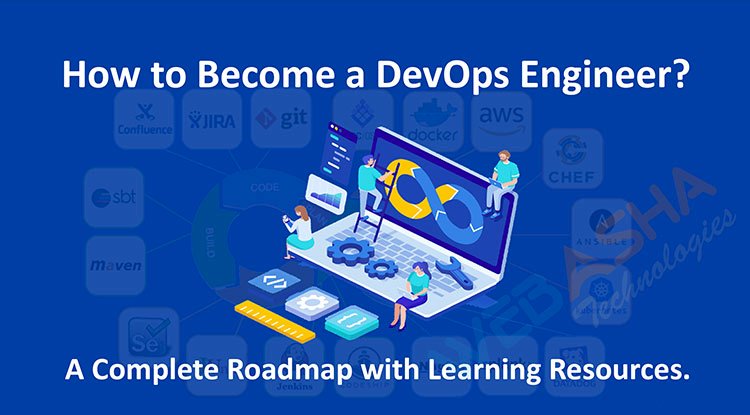
According to statistics, the need for DevOps professionals has grown significantly in the previous three to four years, by about 40 to 45 percent, and is still rising.
DevOps, on the other hand, is a difficult position that calls for a broad skill set in addition to sufficient experience and in-depth understanding of the industry.
It makes sense that DevOps will dominate the IT industry in the future, so if you're interested in becoming a DevOps Engineer, you're on the right route!
Before continuing, let's talk about what a DevOps engineer do?.
A DevOps Engineer is a member of the IT industry who works closely with programmers, system administrators, and other IT professional. They have a good understanding of the many automation tools available and can create digital pipelines to control deployment and other activities.
A DevOps Engineer, more specifically, is someone who has a thorough knowledge of the Software Development Life Cycle (SDLC) methodology.
According to the needs of the organisation, a DevOps Engineer may be in charge of any of the following tasks and responsibilities:
- Project Management
- Development and deployment of software
- Testing & Quality Assurance
- Safety and Automation
- servicing, troubleshooting, etc.
Let's now go over the entire roadmap and talk about all the techniques and abilities needed to become a DevOps Engineer.
1. Programming expertise
Understanding programming languages is one of the fundamental and essential abilities required to work as a DevOps Engineer.
A DevOps Engineer must be knowledgeable in programming or scripting languages in order to perform any task that involves merging database changes, troubleshooting code, automating the development and deployment process, or performing any other.
Programming languages are also necessary for the Continuous Integration/Continuous Delivery (CI/CD) procedure to be effective.
To get into DevOps, you can think about learning languages like Python, Perl, Ruby, etc.
Additionally, you should make sure a language has a number of qualities before choosing it for DevOps, including scalability, efficiency, modularity, etc.
Knowledge of Version Control Systems
Knowledge of Git and GitHub is required for DevOps engineers.
Consider that there are so many people in different parts of the world that there may be a need to communicate for a specific reason with people working on the same project but from different regions.
The Version Control System enables and facilitates having backups on the remote repository. If necessary, the system allows developers to revert to previous commits and the most recent version of the source code.It assists the software team in managing the source code by keeping track of all code modifications.The version control system makes it simple to handle human errors. Git, Github, and Gitlab are some popular Version Control Tools.
2. Knowledge of Linux and OS Concepts
Indeed, familiarity with operating systems such as Linux and knowledge of OS( Linux, Unix, Windows) concepts are required to pursue a career as a DevOps Engineer.
Meanwhile, Linux is strongly recommended because the majority of IT Company use it for their applications.
Although you do not need to be an expert but having strong knowledge in Linux (or any other operating system), a general understanding of the operating system is required for better results.
Furthermore, you must be familiar with major OS concepts such as Process Management, I/O Management, Threads and Concurrency, Memory Management, and so on.
3. Networking and security
DevOps Engineers must deal with various servers, connections, data transfer, and so on, so they must understand networking concepts in order to manage the IT workflow.
Meanwhile, you can choose from a variety of training programmes or online courses to help you understand networking concepts.
A DevOps professional must also be concerned with the security of the organization's overall environment at all stages, whether development, testing, deployment, or any other.
You can implement various security policies for the organisation, manage and control network access, automate security processes, and so on.
4. Understanding of Severs, Software Configuration and Deployment
As a DevOps professional, you must understand how to configure software or applications as well as the deployment process.
A DevOps Engineer is responsible for keeping things running smoothly, so understanding all processes from configuration to deployment is essential.
DevOps Engineers must also automate the deployment process and other tasks in order to improve reliability, consistency, and the number of accurate deliveries.
A DevOps engineer should also be familiar with cluster management software and containerization to ensure that deployments run smoothly.
To configure and deploy the application in the production environment, you can use tools such as Puppet or Docker.
5. Learn About Infrastructure as Code
Infrastructure as Code is a practise that allows you to make deployment easier and more automated by generating the desired environment based on the requirements.
In the meantime, Infrastructure as Code allows you to manage your IT infrastructure through configuration files. Ops can now specify the stack once as a declarative configuration file and deploy it multiple times, unlike in the past. Deployment also becomes faster and can happen instantly on every commit. Infrastructure as Code tools used by DevOps professionals include Azure Resource Manager, Terraform, SaltStack, and many others.
6. Knowledge of CI/CD Pipelines
The most important thing for DevOps Engineers to understand is the Continuous Integration/Continuous Delivery (CI/CD) process.
These are all part of the delivery pipeline process. Continuous Integration is concerned with the developers' integration of code into the main branch of a shared repository.
It aids in cost reduction, efficient working, and so on.
Meanwhile, Continuous Delivery automates the release of validated code to a repository following the Continuous Integration process.
Software release becomes more efficient and simple with the help of Continuous Delivery.
Jenkins, CircleCI, GitLab, and other CI/CD tools are available.
7. Automation, monitoring, and other tool knowledge
Indeed, automation is central to the DevOps process.
All tasks, whether source code management, configuration and deployment, or any other, must be automated.
As a result, you must arm yourself with various DevOps tools such as Git, Docker, Chef, Puppet, Ansible, and so on.
It is also critical for DevOps professionals to collect feedback and implement changes as soon as possible.
A timely feedback process helps to improve overall workflow efficiency.
Monitoring tools such as Nagios, Splunk, and others are available to DevOps Engineers.
8. Cloud Service Providers and Services
How can we possibly forget this? Yes, because most organisations use Cloud Services on their platforms, DevOps professionals must learn about Cloud Services and Providers. As a DevOps Engineer, you must understand cloud technology, as well as its requirements and benefits for your organisation. Meanwhile, you should concentrate on topics such as cloud formation and architecture, cloud service models, deployment models, virtualization and cloud computing, and so on. Cloud services are provided by a variety of companies, including Google Cloud Platform, Amazon Web Services (AWS), Microsoft Azure, and many others. Aside from the technical skills mentioned above, you must also work on several soft skills to become a DevOps Engineer.
In order for DevOps to function properly, you must act as a liaison and collaborate with various IT teams. In the same vein, you should work on various soft skills such as communication, time management, leadership, and others. Meanwhile, having appropriate soft skills will not only help you manage the DevOps process, but will also give you a competitive advantage over other DevOps professionals (who have the same set of technical skills) in various career opportunities.
You are now aware of all of the skills required to become a DevOps Engineer. Furthermore, let's go over some of the most relevant DevOps certifications on the market that can help you get started as a DevOps Engineer.Docker Certified Associate, Azure DevOps Solution Certification, Puppet Professional Certification, and other DevOps certifications are available. DevOps Certifications not only expand your knowledge but also validate your skills in a specific domain, which is useful for advancing your career prospects. So, this is a comprehensive roadmap for anyone interested in a career in DevOps. Although the path to becoming a DevOps Engineer is lengthy, it is unquestionably worthwhile because there are numerous exciting career opportunities in the near future!!






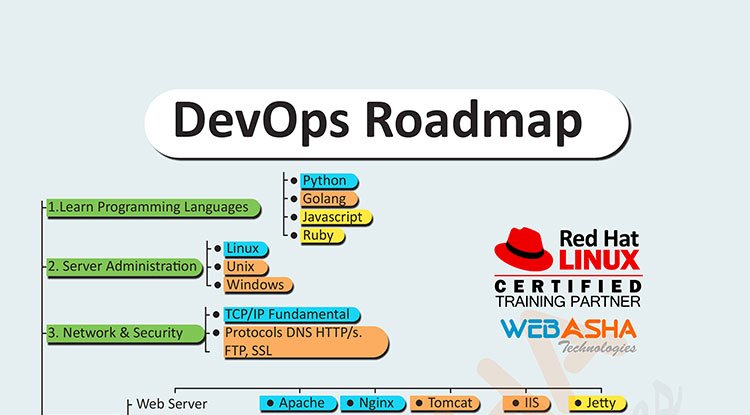
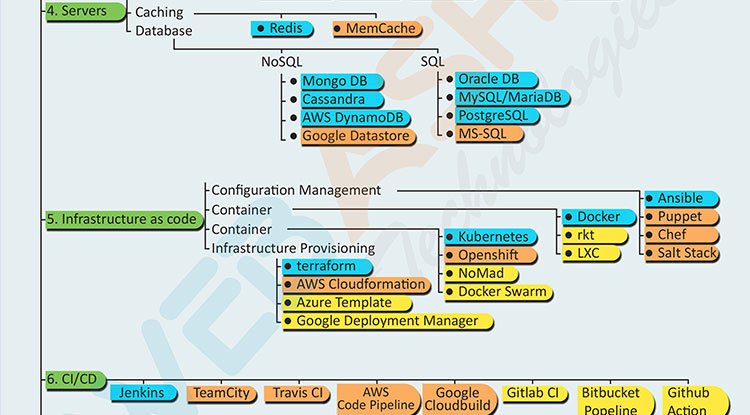
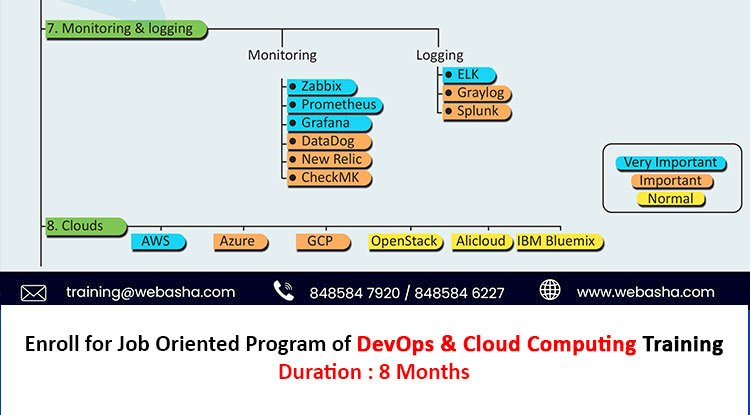

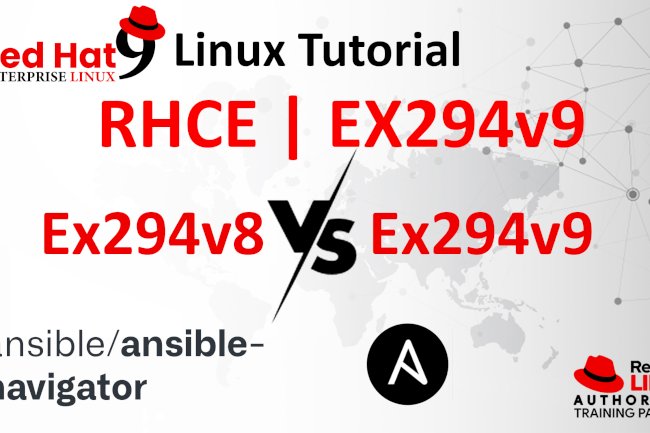
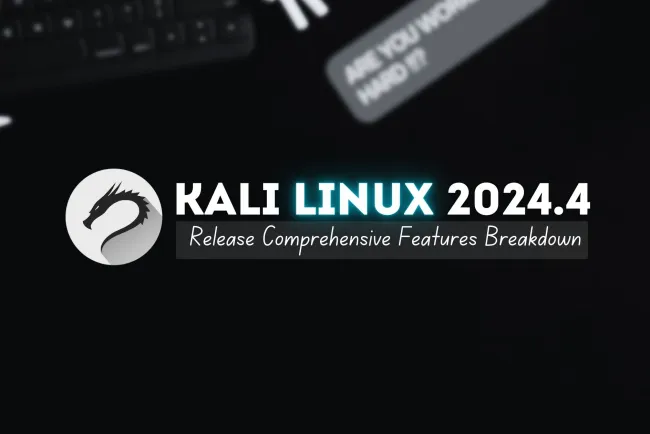


![Top 10 Ethical Hackers in the World [2025]](https://www.webasha.com/blog/uploads/images/202408/image_100x75_66c2f983c207b.webp)

![[2025] Top 100+ VAPT Interview Questions and Answers](https://www.webasha.com/blog/uploads/images/image_100x75_6512b1e4b64f7.jpg)









